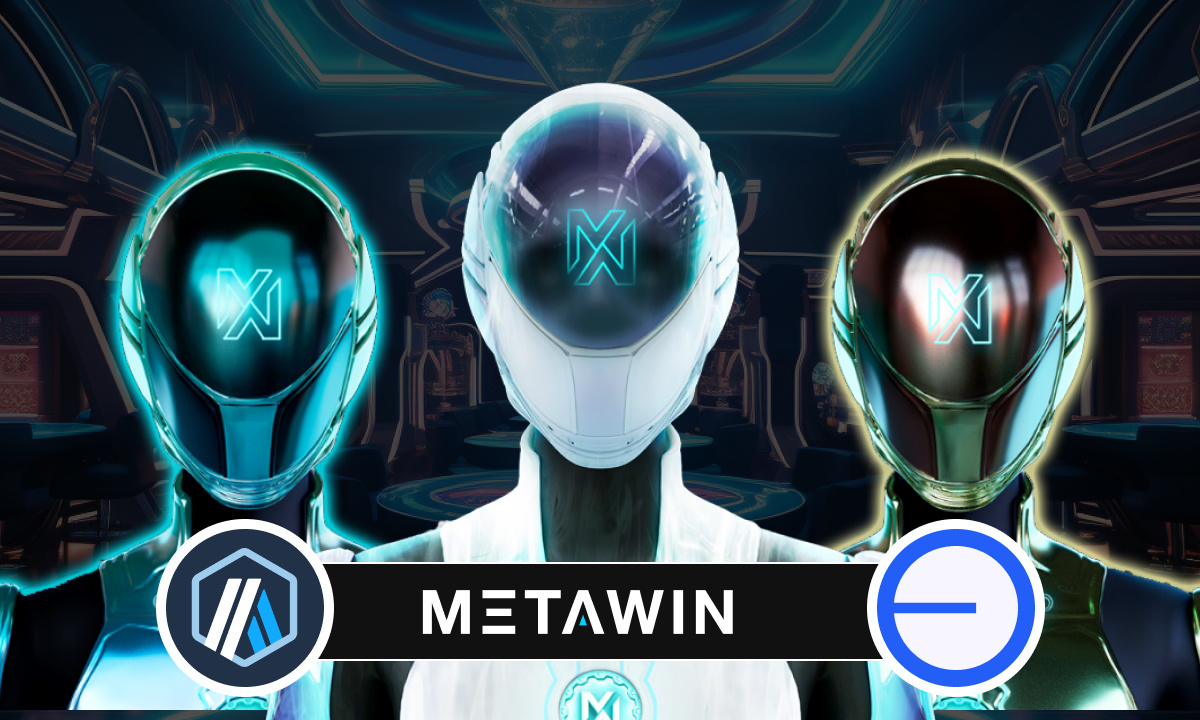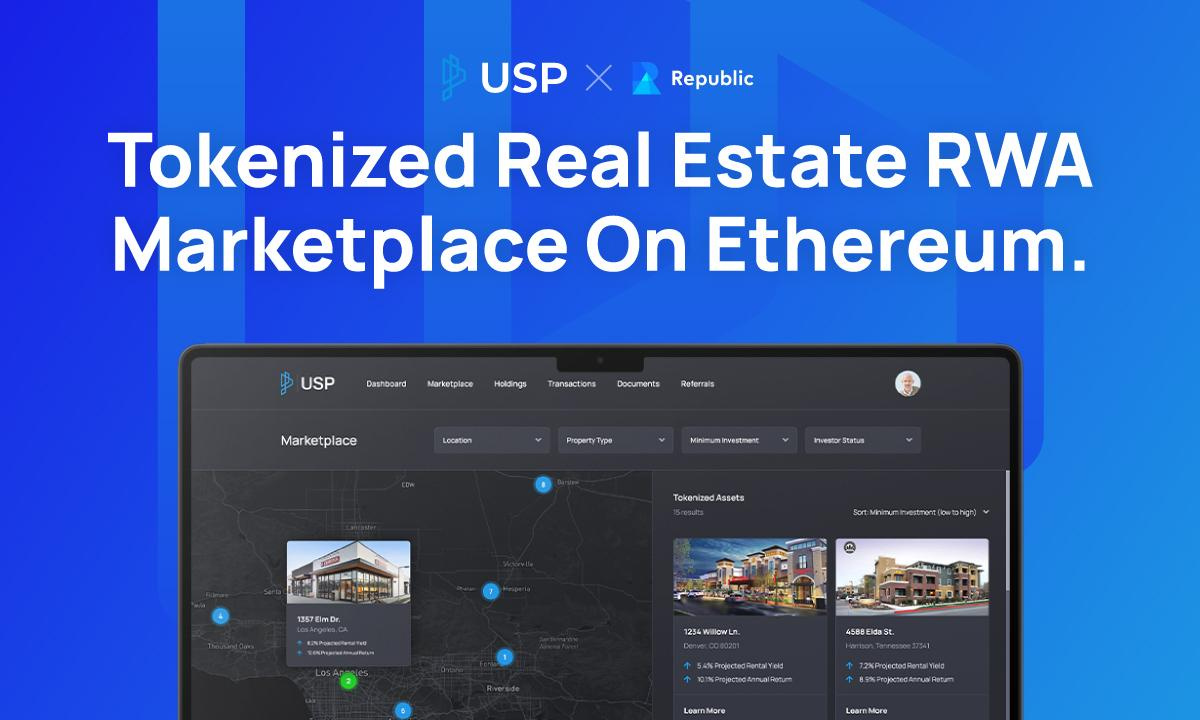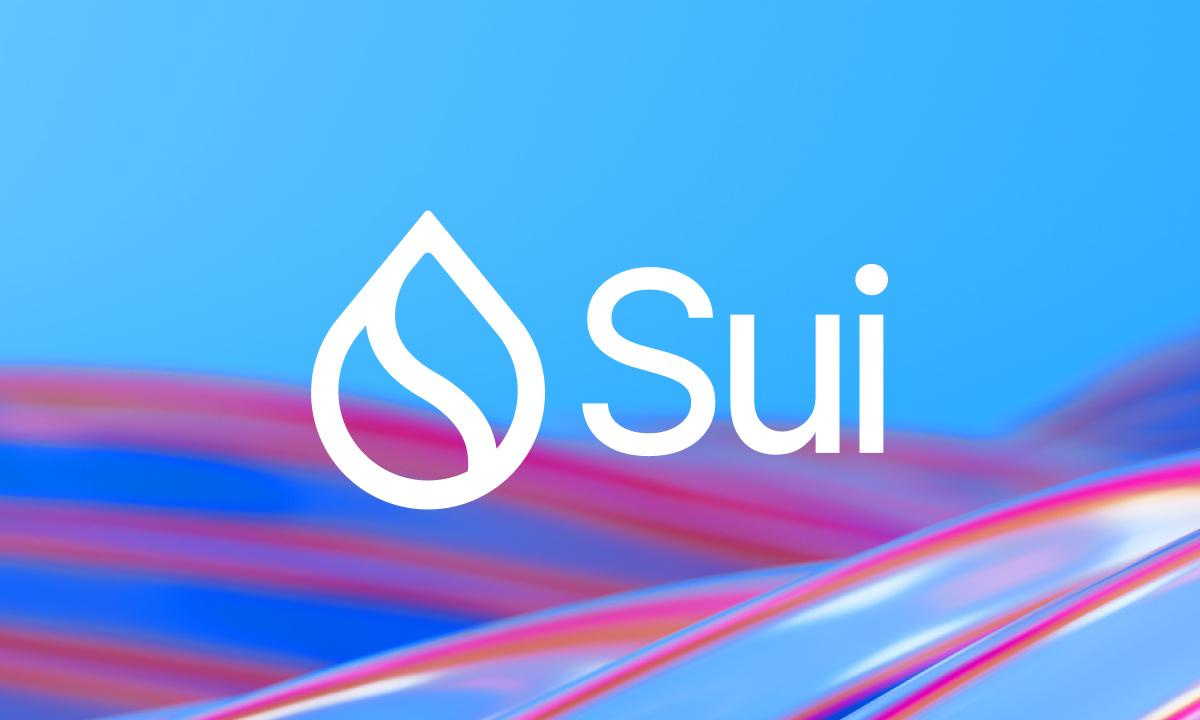Chainlink Staking v0.2 Launches; When Will InQubeta Hit $10M Milestone?

In Brief
Chainlink’s v0.2 staking program soars with a 45 million token expansion and $600 million in hours, while InQubeta’s (QUBE) AI fundraising presale hits $6.7 million, poised to reach $10 million in upcoming stages.

The success of Chainlink’s (LINK) v0.2 staking program has brought in a lot of cheer for its long-term holders. The staking program saw a massive uptake within the first hour of going live.
Its success forced Chainlink to expand the program’s capacity to 45 million tokens. In just a few hours, the protocol reached its maximum limit and raked in over $600 million.
Meanwhile, a new cryptocurrency known as InQubeta (QUBE) has also been in the news for its huge presale success. InQubeta is a decentralized fundraising platform for startups working in the artificial intelligence sector.
InQubeta’s popularity rose significantly after its presale funding crossed the $6.7 million milestone. As there are few more presale stages left, analysts suggest that the figure is likely to rise significantly in the future. Can QUBE hit the $10M figure in presale as it gears up to attract more investors?
InQubeta: Simplifying DeFi for AI startups
InQubeta infuses the magic of digitization and decentralization into crowdfunding. It is among the best crypto investments of the year because it’s a fuss-free way to invest in AI projects.
Crypto users don’t have to pore through documents to read between the lines while investing.
The convenience the platform offers to startups and investors gives it an edge over other funding opportunities. The QUBE token is InQubeta’s native cryptocurrency and it’s used for all transactional purposes within the network.
The total stock of the QUBE token has a cap of 1.5 billion and more than half of it is meant for public sale. The remaining tokens will be utilized to fund the platform’s everyday expenses. These costs include marketing activities, rewards, and payments to legal advisors and developers.
The QUBE token’s utility extends to staking, where the asset can be locked to support a blockchain’s development. The token owners can choose the staking duration, and are rewarded with cryptocurrencies accordingly. To adequately fund its staking program, InQubeta maintains a rewards pool that’s financed by tax proceeds.
InQubeta’s native token is considered a good crypto to buy due to its deflationary model. The ecosystem serves as a shield when inflationary tendencies or volatility hits the markets. A deflationary token’s supply will always be scarce as it prevents prices from increasing. The scarcity tames internal inflation, and the asset value stays stable. Any further increase in token supply is countered by burning additional tokens in circulation.
InQubeta has created a transparent mechanism to connect startups and investors. The two sides get to explore mutually beneficial opportunities without facing convoluted formalities. Startups interact with investors through an NFT-based model.
The NFTs represent a reward-based offer that covers what an investor will get in exchange for funding. These tokenized assets can be fractionalised to make them more budget-friendly. Crypto users can purchase the NFTs on InQubeta’s online marketplace with QUBE tokens.

Chainlink Labs partners with Cointelegraph Accelerator
Chainlink is a Web 3.0 services platform offering decentralized services that can be used across industries and is preferred by developers. Over the years, it has made its way to the top crypto coins lists with its scalability and reliability.
Its services are built on Oracle networks, which are interoperable and can be connected to multiple public and private blockchains.
Developers can also access extensive guides, resources, and documentation to expand their knowledge. Its native token is LINK and it’s used for making all kinds of payments within the Chainlink network.
In a recent development, Chainlink Labs announced a partnership with Cointelegraph Accelerator to boost innovation in Web 3.0 projects. The partnership would see an alignment of the Chainlink BUILD initiative and Cointelegraph Accelerator.
The accelerator program supports Web 3.0 startups. It would assist Chainlink BUILD projects in marketing, social media, user acquisition, and devising a media strategy, among other areas.
Chainlink Labs would offer startups backed by Cointelegraph mentorship, technical support, and access to Chainlink’s computing platform.

Conclusion
InQubeta and Chainlink are among the best altcoins to buy now for all kinds of investors. If you are looking to diversify a portfolio or earn long-term gains, the two cryptocurrencies can cater to varied investor needs.
In terms of security and flexibility, InQubeta and Chainlink have proved their mettle. They have soldiered on despite recent market volatility. Chainlink’s latest staking program has rekindled its popularity, while InQubeta has experienced tremendous presale growth.
These ecosystems have managed to woo crypto users with their cutting-edge models.
Disclaimer
In line with the Trust Project guidelines, please note that the information provided on this page is not intended to be and should not be interpreted as legal, tax, investment, financial, or any other form of advice. It is important to only invest what you can afford to lose and to seek independent financial advice if you have any doubts. For further information, we suggest referring to the terms and conditions as well as the help and support pages provided by the issuer or advertiser. MetaversePost is committed to accurate, unbiased reporting, but market conditions are subject to change without notice.About The Author
Gregory, a digital nomad hailing from Poland, is not only a financial analyst but also a valuable contributor to various online magazines. With a wealth of experience in the financial industry, his insights and expertise have earned him recognition in numerous publications. Utilising his spare time effectively, Gregory is currently dedicated to writing a book about cryptocurrency and blockchain.
More articles

Gregory, a digital nomad hailing from Poland, is not only a financial analyst but also a valuable contributor to various online magazines. With a wealth of experience in the financial industry, his insights and expertise have earned him recognition in numerous publications. Utilising his spare time effectively, Gregory is currently dedicated to writing a book about cryptocurrency and blockchain.






















































